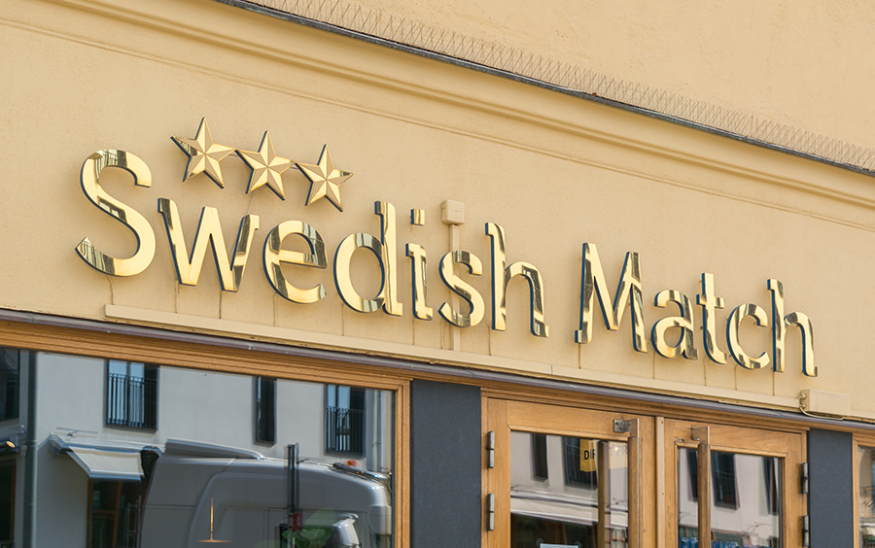
Prior to the parliamentary debate on the independent review of the Smoke-Free 2030 policy on November 3rd, the Institute of Economic Affairs (IEA) released an alternative strategy aimed at reducing smoking rates in the UK, called the "Smoke-Free 2030 Plan B.
This approach is in stark contrast to the recent Khan review, which suggested gradually phasing out the sale of cigarettes over time. The report's author, Christopher Snowdon, believes that as long as there is demand - with only 53% of UK smokers stating they want to quit - a ban on smoking will lead to black market activity, crime, and poverty without eradicating smoking.
Christopher Snowdon, as reported by tobaccoreporter.
A new plan to aid smoking cessation has been proposed, highlighting the success of electronic cigarettes and other safer alternatives. According to data from the IEA, in the UK, 9.3% of adults now use e-cigarettes, causing smoking rates to drop from 20% in 2012 to 14%. In the EU, where only 2% of adults use e-cigarettes, smoking rates declined by only 1% from 2014 to 2020. As of this year, 28% of smokers have never attempted to use e-cigarettes, so removing barriers to access low-risk nicotine alternatives is crucial.
The Head of Lifestyle Economics at the IEA, Christopher Snowdon, has advised the government to address widespread misinformation about the risks of e-cigarettes. Currently, 40% of smokers in the UK incorrectly believe that nicotine causes cancer. Furthermore, between 2014 and 2020, the proportion of smokers who incorrectly perceived e-cigarettes to be as dangerous or more dangerous than smoking increased from 36% to 53%. The conclusions drawn by the Royal College of Physicians suggest that the long-term risks of e-cigarette use are "unlikely to exceed 5% of those associated with smoking". The government should ensure that public health agencies promote the benefits of e-cigarettes relative to smoking.
Edward Snowden also suggested that the government should accept the freedom offered by Brexit to reform the Tobacco Products Directive (TPD). Article 20 of the TPD contains punitive regulations for e-cigarettes, covering everything from advertising to the size of refillable vape tanks. According to Snowden, reducing these burdensome regulations will remove significant barriers to entry.
Smokers can be encouraged to quit by reducing the burdensome regulations on alternative low-risk tobacco products such as heated tobacco and nicotine pouches. These products are subject to overly strict regulations, with snuff being banned in the UK.
According to the IEA, the UK has generally exercised wise regulation of e-cigarettes. However, the think tank believes that with more emphasis on promoting the switch to low-risk tobacco alternatives and relaxing relevant regulatory frameworks, smoking may truly become a thing of the past.
The government's plan to reduce smoking rates to 5% by 2030 is highly unlikely to be achieved without a significant shift towards low-risk alternatives, according to Snowden. Fortunately, there are more and more alternatives available. The government needs to create a regulatory environment that allows these alternatives to thrive and ensures that smokers are not misled by fake news. There are a number of simple, low-cost reforms that could help the government reach its health goals without persecuting smokers.
Statement:
This article is compiled from third-party information and is intended solely for industry exchange and learning purposes.
This article does not represent the views of 2FIRSTS, and 2FIRSTS cannot confirm the truth or accuracy of the article's content. The translation of this article is only intended for industry communication and research purposes.
Due to limitations in translation proficiency, the translated article may not fully express the same meaning as the original text. Please refer to the original text for accuracy.
2FIRSTS maintains complete alignment with the Chinese government on all domestic, Hong Kong/Macau/Taiwan-related, and foreign-related statements and positions.
The compilation of information is the property of the original media and author. If there is any infringement, please contact us for deletion.
This document has been generated through artificial intelligence translation and is provided solely for the purposes of industry discourse and learning. Please note that the intellectual property rights of the content belong to the original media source or author. Owing to certain limitations in the translation process, there may be discrepancies between the translated text and the original content. We recommend referring to the original source for complete accuracy. In case of any inaccuracies, we invite you to reach out to us with corrections. If you believe any content has infringed upon your rights, please contact us immediately for its removal.







